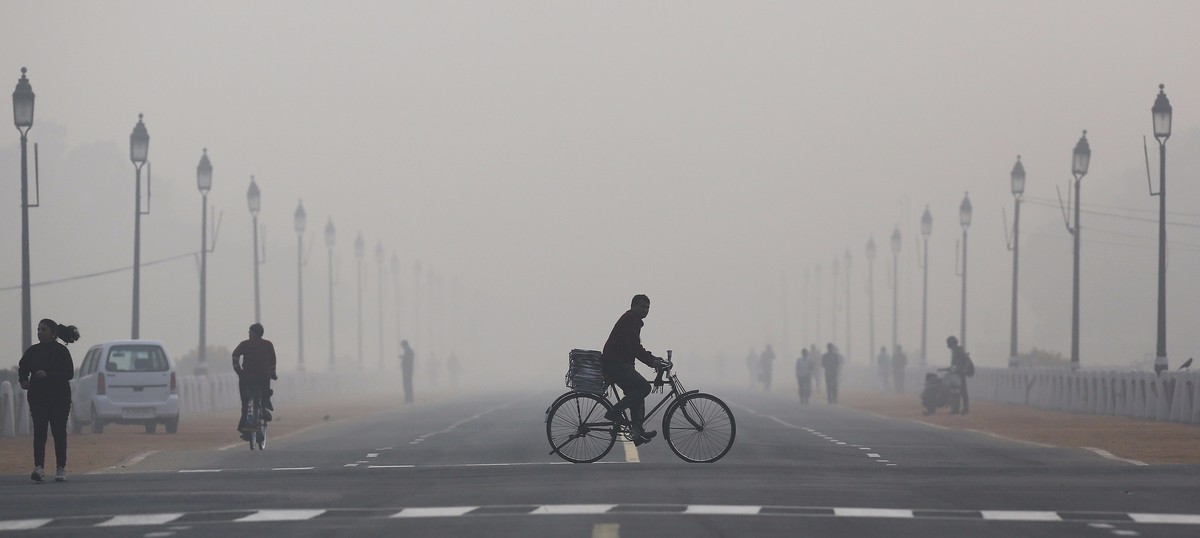
A new study from Lancet Planet Health
India’s air pollution crisis is among the worst in the world, and a new study published in Lancet Planet Health only intensifies the urgency to address this issue. The study found that air pollution causes over 1.5 million deaths every year, and no city in India meets the WHO’s recommended air quality standards. This blog delves into the implications of these findings and what needs to be done to combat air pollution.
India’s Air Quality: A Crisis That Can’t Be Ignored
The Lancet study underscores the dire state of air quality in India, revealing that the country’s pollution levels are well above the WHO’s recommended limits. The study reports that 81.9% of the Indian population lives in areas where air quality does not meet India’s own National Ambient Air Quality Standards (NAAQS), let alone the WHO’s stricter guidelines. PM2.5 levels in these areas are harmful to both the environment and human health, leading to millions of premature deaths.
Impact of Air Pollution on Health
Air pollution, particularly PM2.5, has a detrimental impact on human health. Prolonged exposure to these fine particles is linked to various health problems, including respiratory diseases, heart conditions, and strokes. The Lancet study estimates that over 1.5 million deaths in India are caused by air pollution annually, making it one of the leading causes of premature mortality in the country.
In addition to direct health issues, air pollution also affects children’s development and cognitive abilities, further exacerbating the long-term consequences of the crisis.
The Long-Term Effects of Air Pollution on Public Health
The study points out that even if India successfully reduces pollution levels to meet the WHO’s air quality standards, the legacy of exposure to harmful air will continue to contribute to a significant number of deaths. The country’s poor air quality has already caused irreparable harm to public health, which will continue to affect the population for years to come.
What Needs to Be Done to Tackle Air Pollution
To reduce air pollution in India, the government must implement stringent measures to control emissions from industries and vehicles. Additionally, there needs to be an emphasis on transitioning to clean energy sources, such as solar and wind power, to reduce dependence on fossil fuels.
On an individual level, promoting sustainable practices like reducing the use of private vehicles and advocating for cleaner household technologies can also make a difference.
India’s air pollution crisis is one of the most pressing public health challenges of our time. The findings of the Lancet study serve as a stark reminder of the urgency to address the country’s air quality issues. Immediate action is required to reduce pollution levels, protect public health, and ensure a safer environment for future generations.